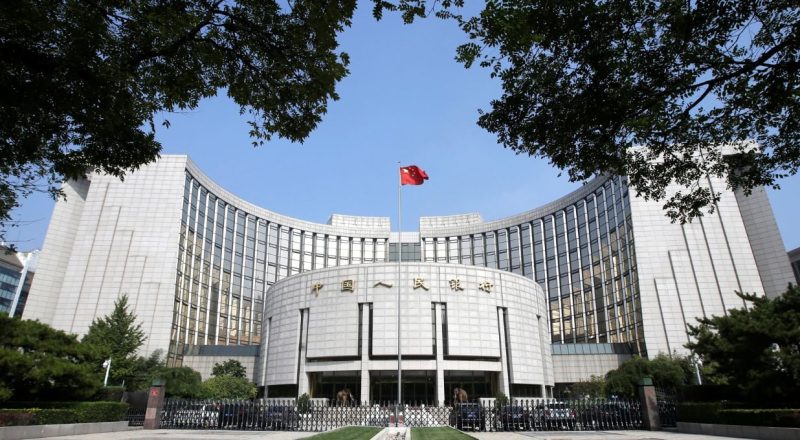
China's central bank launches most aggressive stimulus package since pandemic (Image: REUTERS/Jason Lee/File Photo)
Continuing its economic reforms, the China announced this Tuesday (24) new monetary stimuli focused on the domestic market. What surprised the market was the strength and determination of these announcements.
The announcement was made not only by the president of the People's Bank of China (Central Bank), but also by two of China's highest financial and economic authorities: the State Financial Supervision Administration and the China Securities Regulatory Commission.
One of the objectives of the measure is to accelerate the transition of the real estate market and encourage the purchase of a second property or exchange for a larger property.
China will cut existing mortgage interest rates. The current average interest rate on existing mortgage loans of about 3.92% will also be cut by 50 basis points this time.
China will also unify the minimum down payment ratio (self-prepared money) for mortgage loans and reduce the minimum down payment ratio for second homes from 25% to 15%.
With these measures to reduce mortgage loans, interest expenses for families who purchased properties with financing will be significantly reduced, leaving more money for domestic consumption. In addition, the resumption of property purchases will increase demand for the furniture, decoration and home appliances sectors.
Reduce the cost of financing companies
Another objective of these incentives is to provide greater liquidity to the economy to help promote investment and reduce working capital costs for private companies. The seven-day reverse repurchase rate was reduced by 0.2 percentage points, from the current 1.7% to 1.5%.
This measure helps to ensure the net margin of commercial banks, while also helping to reduce China's lending primary rate (LPR) by 0.2% next month. For a Chinese economy with a benchmark rate of around 3.25% a year, this reduction is quite large.
To provide greater long-term liquidity in the financial market, the deposit reserve interest rate will be reduced by 0.5 percentage points. This will move the capital market and the M&A market and justify the good expectations regarding the growth of the stock market in China.
How will Brazil be affected?
The mineral exporting sectors will benefit from this set of measures to stimulate the real estate sector and reduce the economic consequences of the real estate crisis and put it back on the path to recovery.
In addition, food exporters will also benefit from increased consumption and spending on services, restaurants and tourism.
With falling interest rates and greater release of liquidity in the economy, investments in shares on the Chinese stock exchange, especially the largest Chinese stock indexes, for example, CSI 300 (ShangHai Index) and HongKong HanSeng Index, will also be an interesting alternative for Brazilian investors to diversify their global investments.
